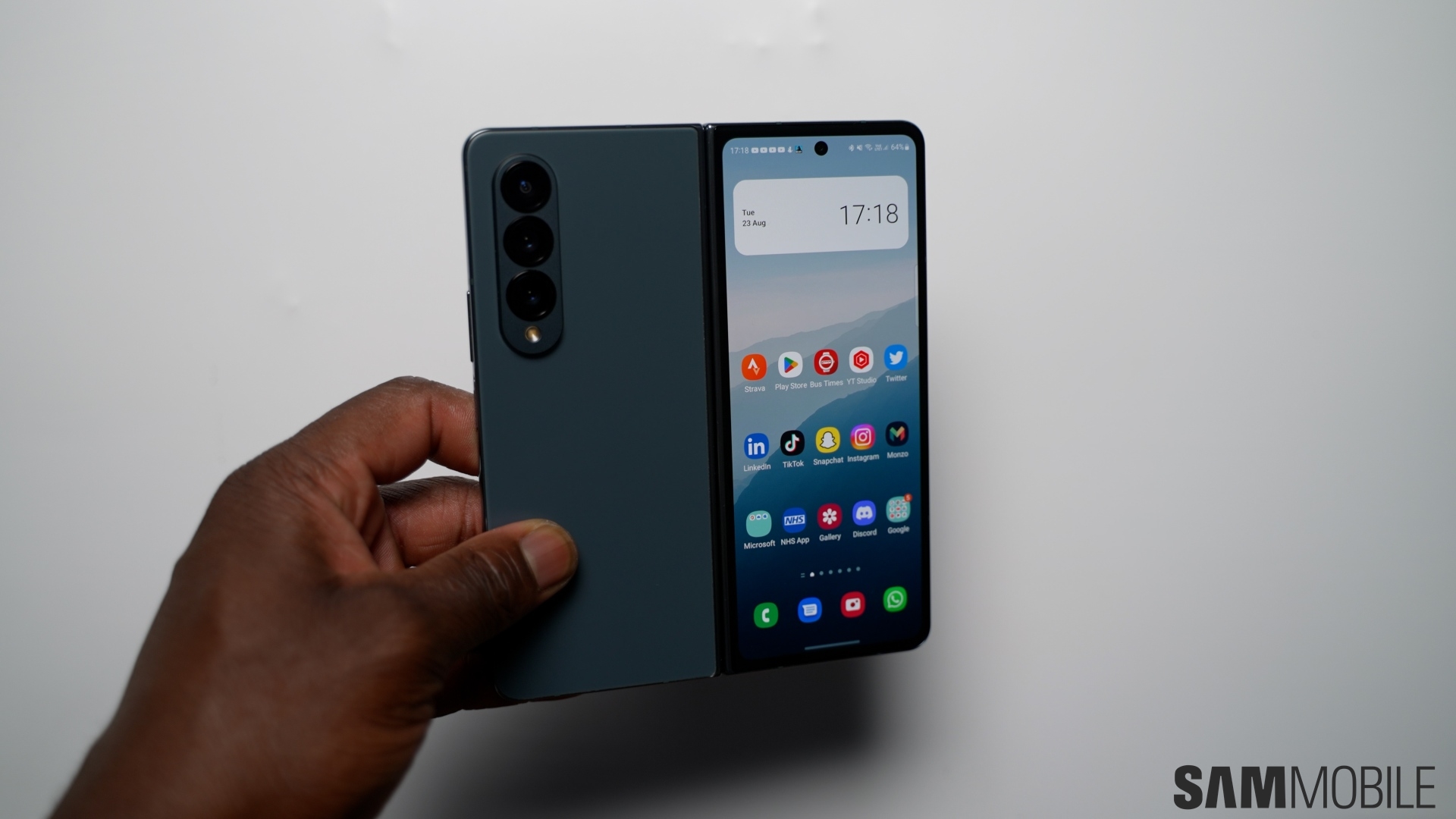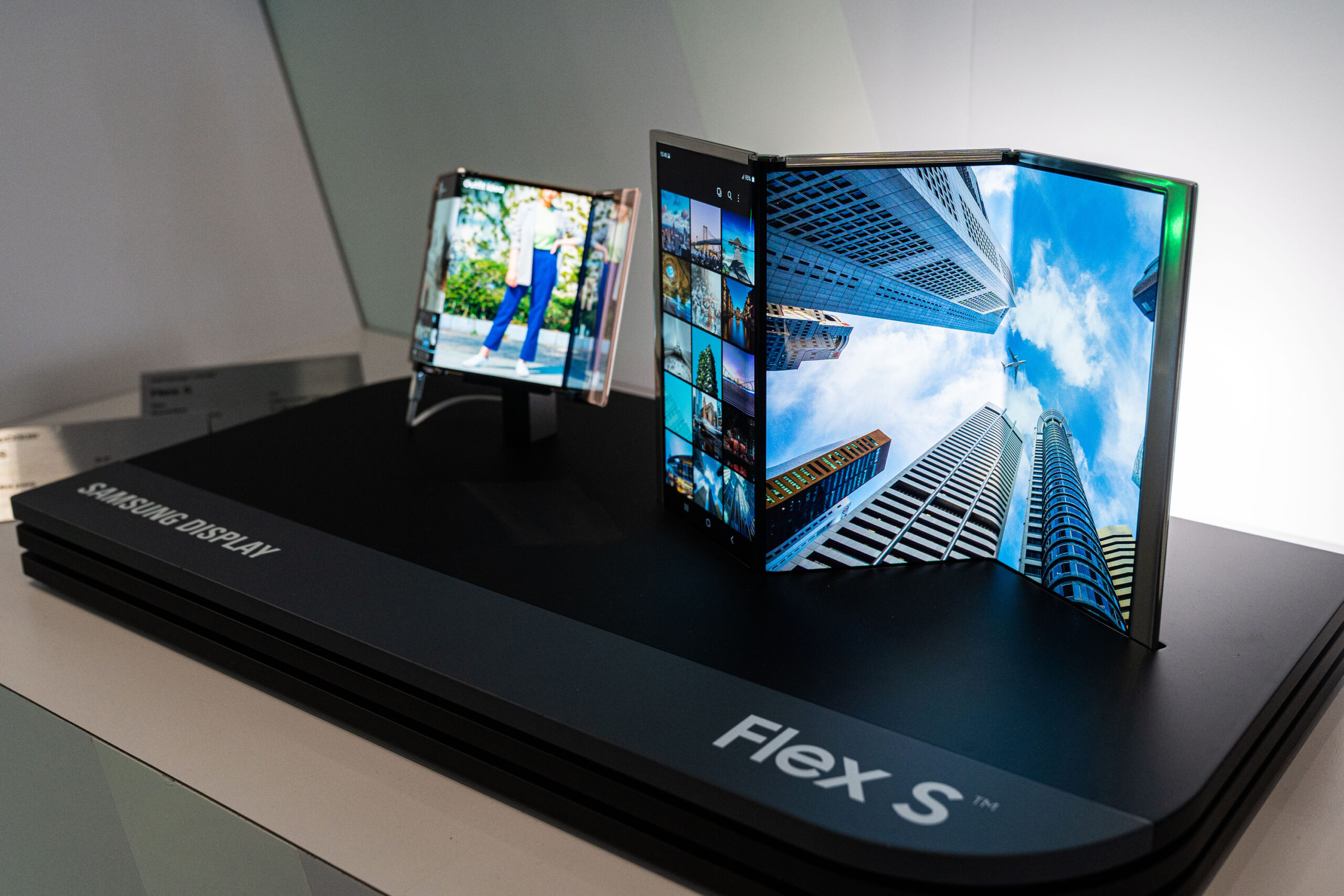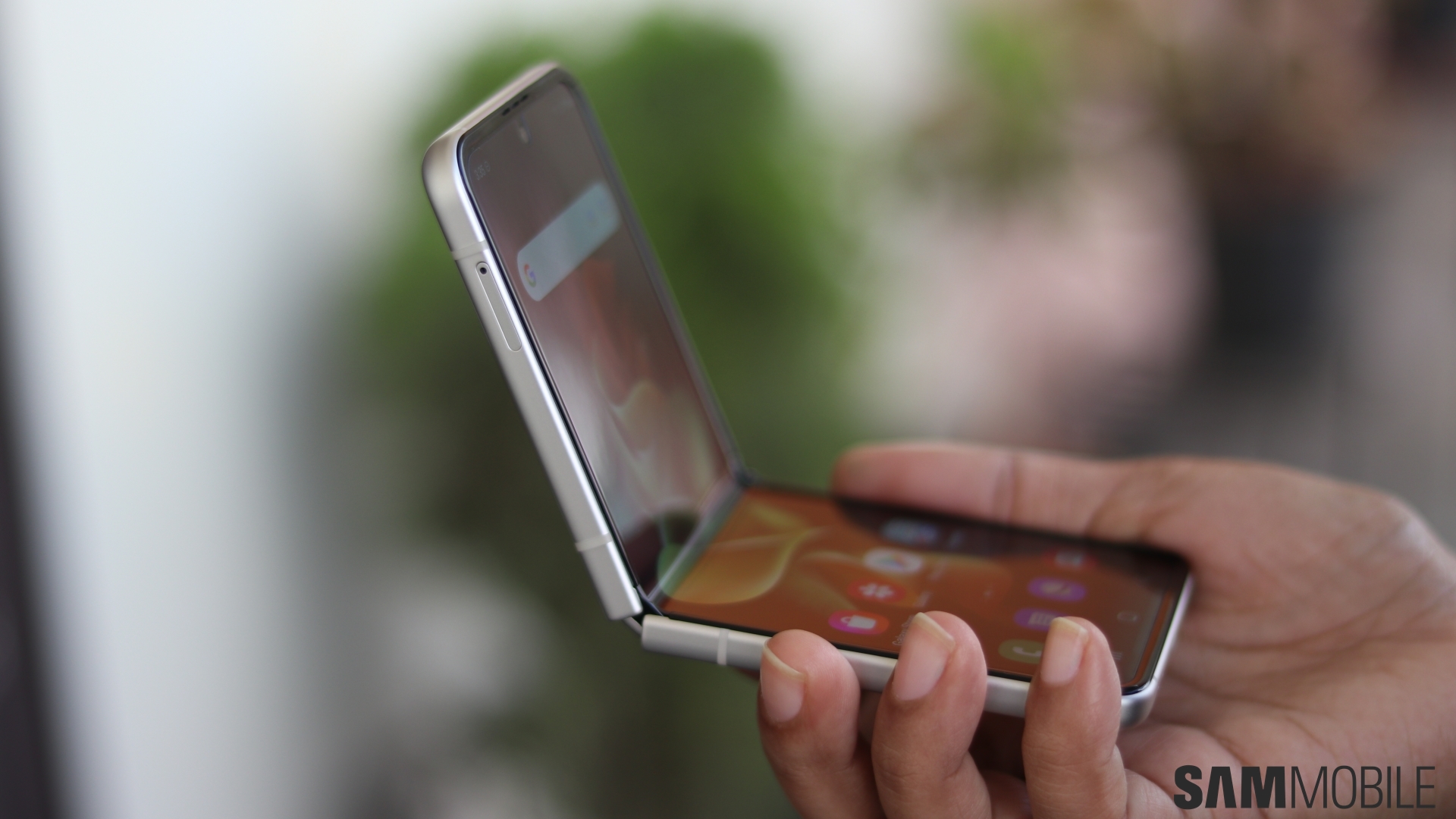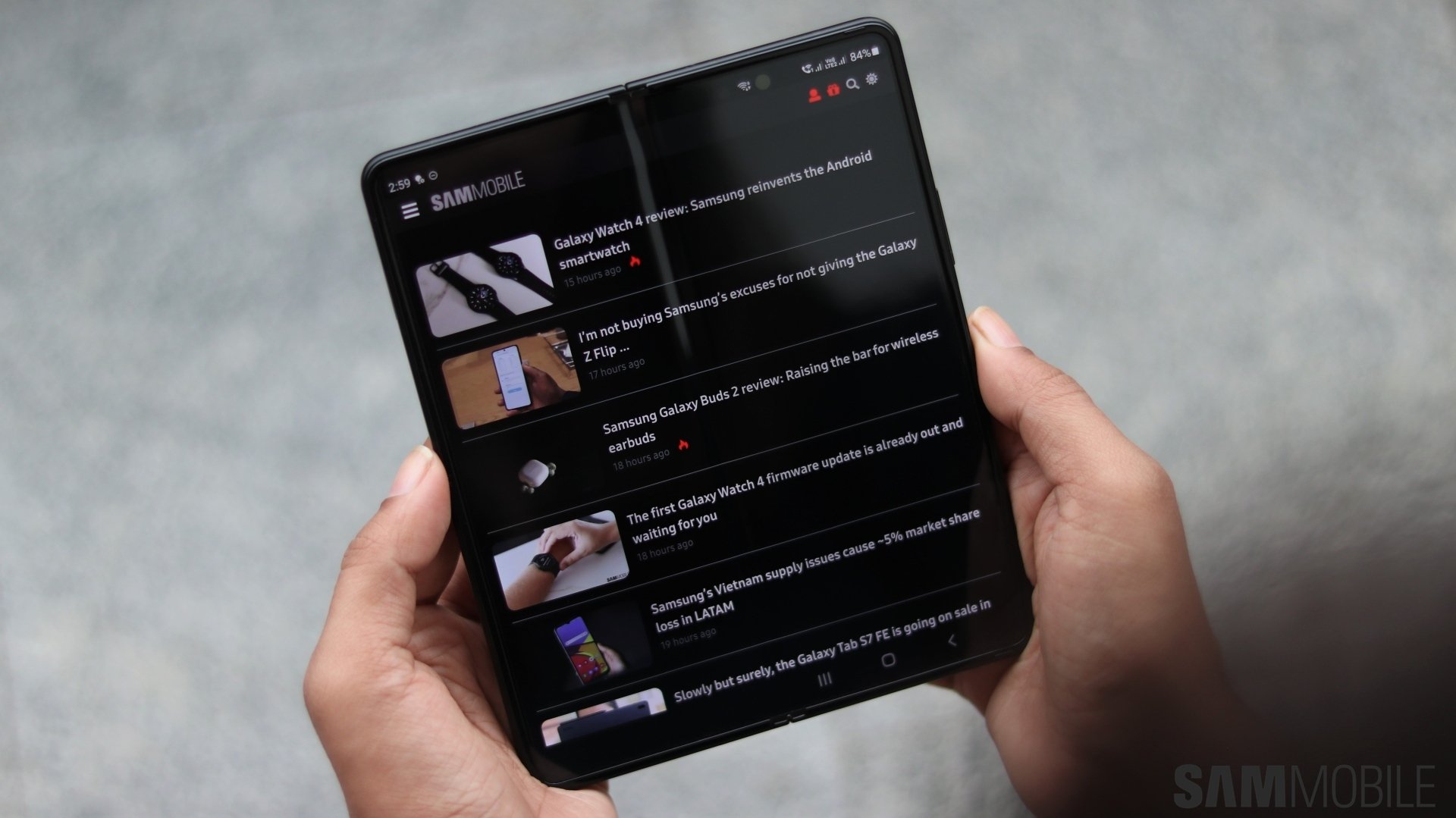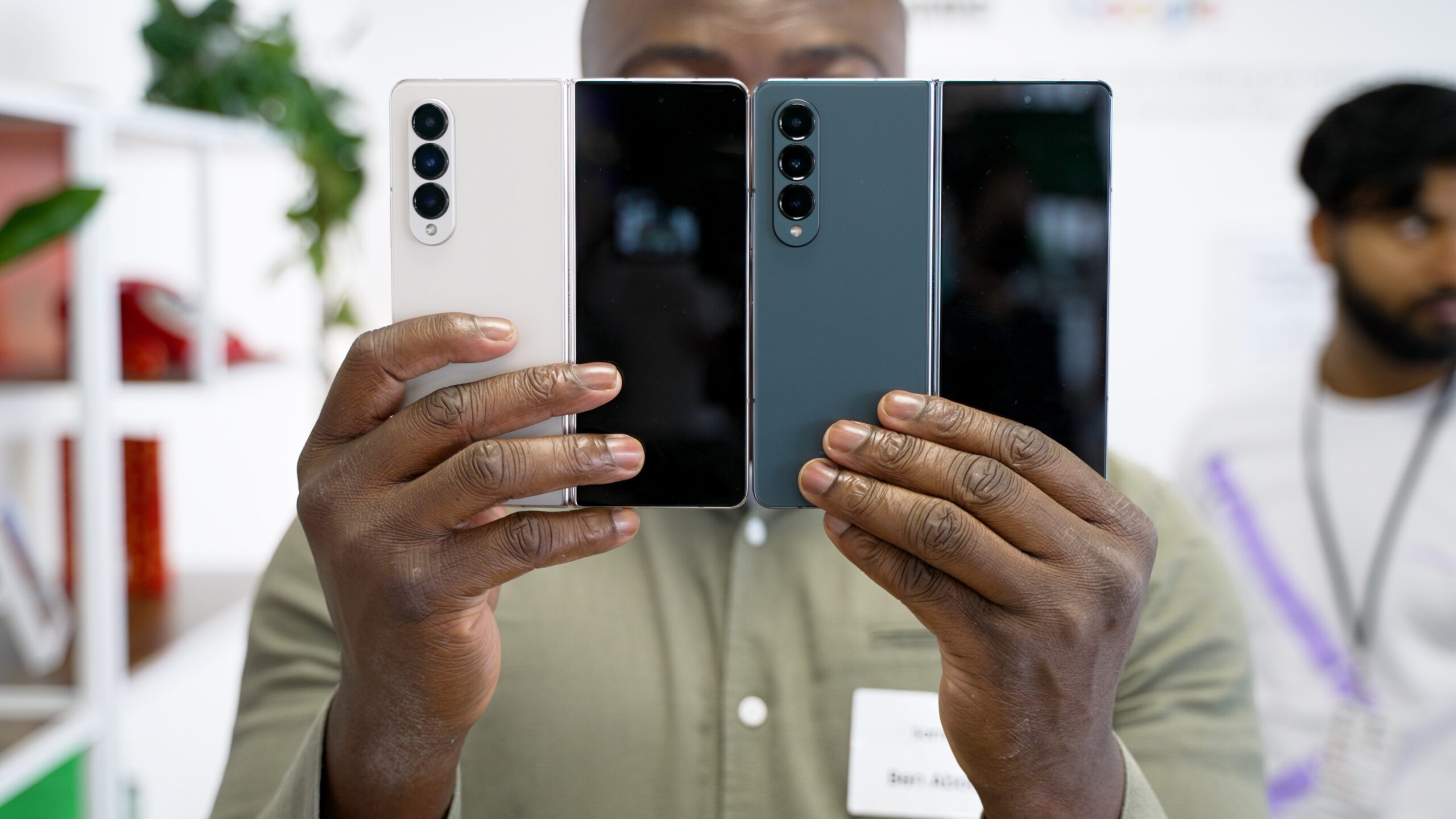
Even as incumbents like Nokia and BlackBerry tried very hard to keep up with the times, they simply couldn't match the sheer pace of innovation that others in the industry had. There was an undeniable race to out-perform each other every year. The phones would become thinner and more powerful, the cameras would receive major upgrades, and the software would become even more capable. To many tech enthusiasts this felt like the new reality, where every new phone would be a revolutionary upgrade compared to its predecessor.
Samsung was one of the companies that led this charge. We saw significant changes in the company's smartphone direction. It even led the industry in many aspects. The Galaxy Note series spurred the adoption of large displays. The curved displays that it introduced with the Galaxy S series would revolutionize the industry. Samsung also pushed the envelope on camera technology, software, batteries, etc to establish itself as one of the two dominant players in the global smartphone market.
Eventually, it all sorted of settled in towards the late 2010s. Suddenly, there wasn't much that could excite tech enthusiasts. Most new phones looked the same, had the same candybar form factor, the cameras would only be incrementally better, and the software had pretty much been dialed in. There was little for tech freaks to be excited about anymore, because so much of it felt like business as usual. There was no denying that Samsung could make a capable Galaxy S flagship without even breaking a sweat, but it wasn't doing much to excite the enthusiasts.
Samsung realized this far earlier than some of its competitors. This led to the company's decision to become the first vendor to offer foldable phones at scale. The original Galaxy Fold's launch in 2019 was a testament to the company's vision for the future of the smartphone industry. Samsung truly believed that foldables were the future, and it put its money where its mouth was.
Samsung Display has been working on foldable display panels for years. Some of its latest prototypes are evidence enough that the company has even more exciting foldables planned for the future. Given the synergy between the conglomerate's various divisions, Samsung Display's newest innovations find their way to Samsung Electronics, where the mobile division packages them up in sleek devices that so far remain unparalleled in the smartphone market.
There are many reasons why tech freaks should care about foldable phones, the biggest being that it's a unique form factor. Samsung offers both clamshell and book-type foldable phones, enabling customers to choose whichever form factor they prefer. It's a level of choice that's been unheard of in the smartphone market for years. It adds a whole new dimension to the ownership experience of smartphones, enabling them to stand out from the crowd.
The innovation in display technology is another major reason why techies should care about foldables. Samsung Display is doing incredible things with display technology and the work it's doing will change the industry as we know it. Other display manufacturers are following its lead and are introducing their own foldable products. This will effectively lead to a democratization of this technology, thus bringing more foldable smartphones to the market at various price points.
The foldables have appeared as the light at the end of the tunnel for tech enthusiasts who had become bored by the very cookie-cutter direction of the market in recent years. It felt like there wasn't much to look forward to, as each new flagship phone was only marginally better than its predecessor. New innovation should always be welcomed and whether it sticks around is entirely up to the market dynamics. So far, with the response that Samsung's and others' foldables have had, it's evident that foldables are here to stay.
Whether or not you should buy a foldable smartphone right now can be debated. Perhaps you feel that they're not durable enough, at least for your use case, or you think that they need to be a bit more affordable to attain mass market status. Those are relevant concerns to have but that still doesn't take anything away from the fact that you should care about foldables, particularly if you identify as a tech freak.














